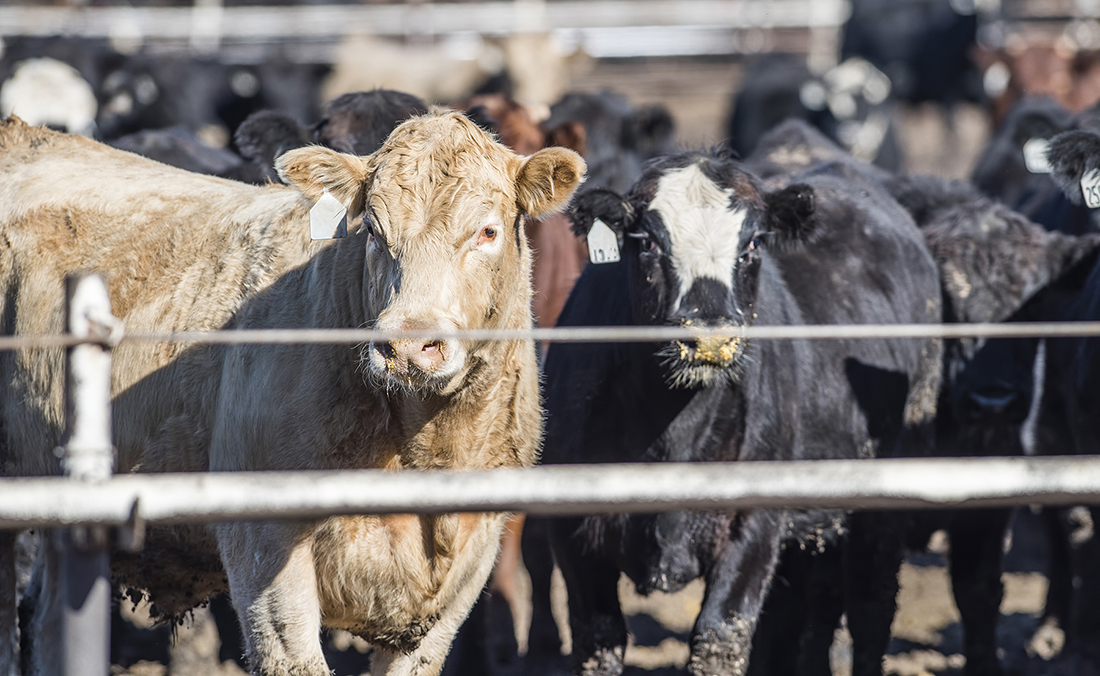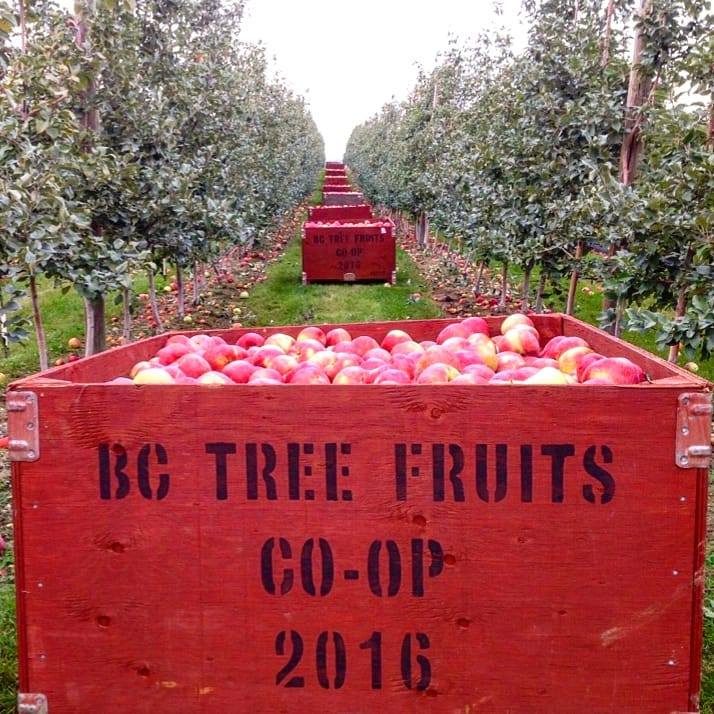Ten years after its creation, the BC Association of Abattoirs is waiting for the province to take action on two reports intended to enhance meat processing capacity in the province.
The legislature received a report last fall from the Select Standing Committee on Agriculture, Fish and Food, which was resurrected to examine and make recommendations regarding local meat production in BC.
It followed a two-month consultation by the BC Ministry of Agriculture regarding class D and E meat processing licences that wrapped up in April 2018.
“The minister was hearing concerns from both sides, not just that we don’t have enough [licences] but also we have concerns about the way it is being run,” Gavin Last, executive director of the ministry’s food safety and inspection branch told the abattoirs association last year.
BC agriculture minister Lana Popham told Country Life in BC last November that changes are a priority.
“Rural BC’s been telling me for years the meat regulations aren’t working, there’s not enough capacity for slaughter,” she said. “Well, we’ve just completed a consultation on slaughter, I know they need more access to local slaughter, and that’s what we’re going to do.”
However, Last told the abattoirs association’s annual general meeting at the end of April that government had yet to provide any specific responses.
Nevertheless, association president Dave Fernie was optimistic.
“It’s been 10 years since we hunkered down in a basement room at the Stockman’s Hotel in Kamloops,” he told members. “We each put in 10 bucks and we cobbled together an association. It’s been challenging, but we are making headway.”
One of the association’s newest members is Kamloops rancher Paul Devick, who recently opened a brand new 6,000-square-foot abattoir under a Class A licence. The plant was built to provide gate-to-plate processing for his family’s 850 cow-calf pairs, as well as serve other local producers.
Devick continues to look to the future, and is keen on the Ecodrum, a commercial in-vessel composter from Tri-Form Poly Inc. of Manitoba.
Tri-Form CEO Matt Epp told association members that the device can reduce a whole chicken carcass to compost in 14 days and break down abattoir waste in seven days.


